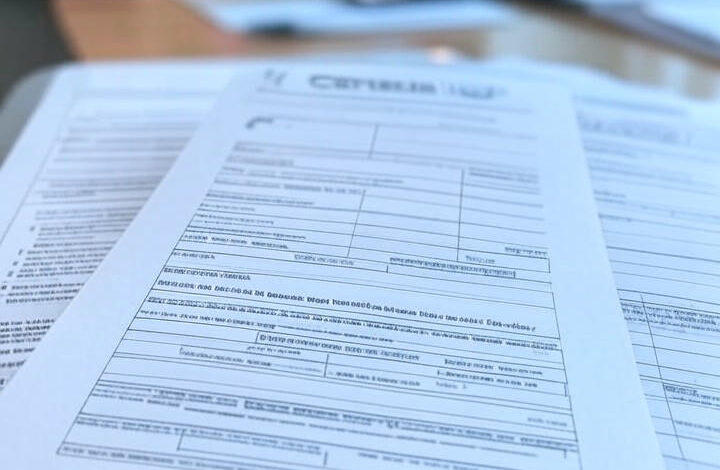Republicans Propose Voluntary Census, Statisticians Sound Alarm

UPDATE: Republican lawmakers are pushing urgent legislation that could make participation in essential U.S. Census Bureau surveys, including the American Community Survey (ACS), voluntary. This controversial proposal has sparked immediate backlash from statisticians and experts who warn it could undermine the reliability of critical demographic data.
The proposed changes, embedded in recent bills, come amid rising tensions in Congress, where the implications of this shift could profoundly affect policy decisions and resource allocations across the nation. The push for voluntary participation is driven by claims of government overreach and the burden of mandatory surveys. However, experts argue that this overlooks the necessity of comprehensive data for evidence-based governance.
Key Proponents: Representative Greg Steube (R–FL) is a leading advocate, introducing legislation to make the ACS voluntary while limiting follow-up contacts to three per household. He stated, “I understand why local governments want the information, but I don’t understand why it has to be mandatory.” His views are echoed by Senator Mike Lee (R–UT), who has introduced a companion Senate bill aiming to eliminate fines for non-responses to both the decennial census and ACS.
The American Statistical Association (ASA) has expressed serious concerns about the potential fallout. In a letter to lawmakers, ASA President Ronald Wasserstein warned, “Making response voluntary would undermine the quality of census data, increase costs, and reduce the usefulness of the information for businesses, governments, and communities.” Historical context supports these fears; Canada’s 2011 shift to a voluntary National Household Survey resulted in a staggering 25% drop in response rates, leading to costly follow-ups.
Impact on Data Accuracy: The Republican initiative also targets differential privacy, a method designed to protect individual identities in census data. Representative Andrew Clyde (R–GA) has proposed a bill to eliminate this protection, arguing it distorts data accuracy. Experts, including former Census chief scientist John Abowd, counter that removing this safeguard could expose sensitive personal information.
Recent analyses highlight the stakes involved. A peer-reviewed study published by NPR in March 2025 found that including a citizenship question—another GOP priority—could deter noncitizen participation and jeopardize census accuracy, potentially affecting congressional representation.
These proposals arise against a backdrop of budget cuts and increasing politicization of federal statistical agencies. The Center on Budget and Policy Priorities has documented the erosion of public trust in official statistics due to chronic underfunding. Social media platforms are abuzz, with users voicing concerns over potential gerrymandering and the implications of these legislative changes.
The U.S. Census has been constitutionally mandated to ensure fair apportionment of House seats. However, significant undercounts have already been reported, with states like Florida experiencing overcounts while others, including New York, face undercounts—issues that voluntary participation could exacerbate.
Advocacy groups are mobilizing in response. The Census Project has cautioned that restrictions on follow-ups would drive up costs and diminish accuracy, echoing the ASA’s warnings. Current Census Director Robert Santos has defended mandatory surveys, emphasizing their role in vital planning and resource allocation.
As these bills advance, stakeholders anticipate potential amendments. Recent discussions on social media reflect an increasing public awareness of the implications of voluntary participation. Industry insiders have expressed concern that businesses relying on census data for market analysis could face uncertainties, while the interplay of privacy measures and voluntary participation may necessitate innovative data collection techniques.
With Republicans controlling Congress, the passage of these proposals seems likely, yet bipartisan concerns over data integrity could pose hurdles. The ongoing debate encapsulates the tension between individual privacy, governmental efficiency, and statistical rigor—issues that will shape U.S. policy for years to come.
Stay tuned for the latest developments in this crucial legislative battle impacting the future of American demographic data.






